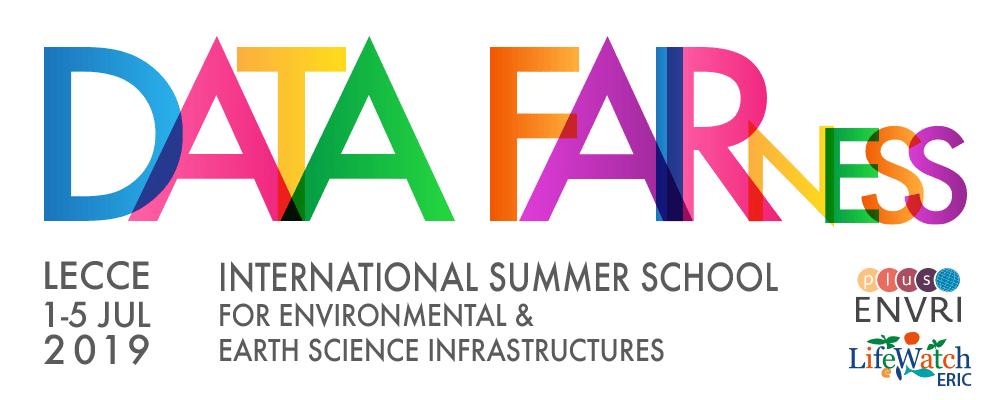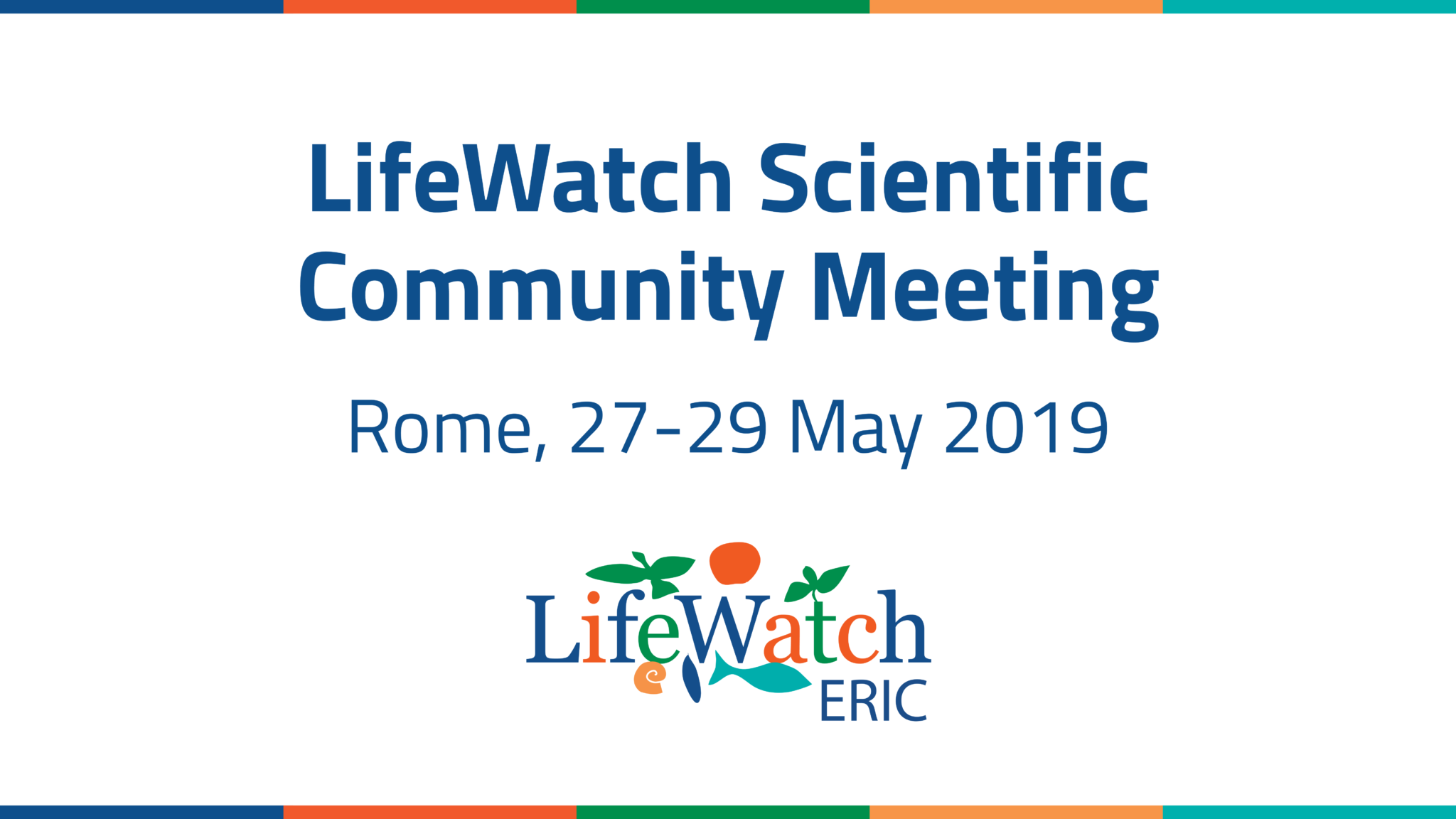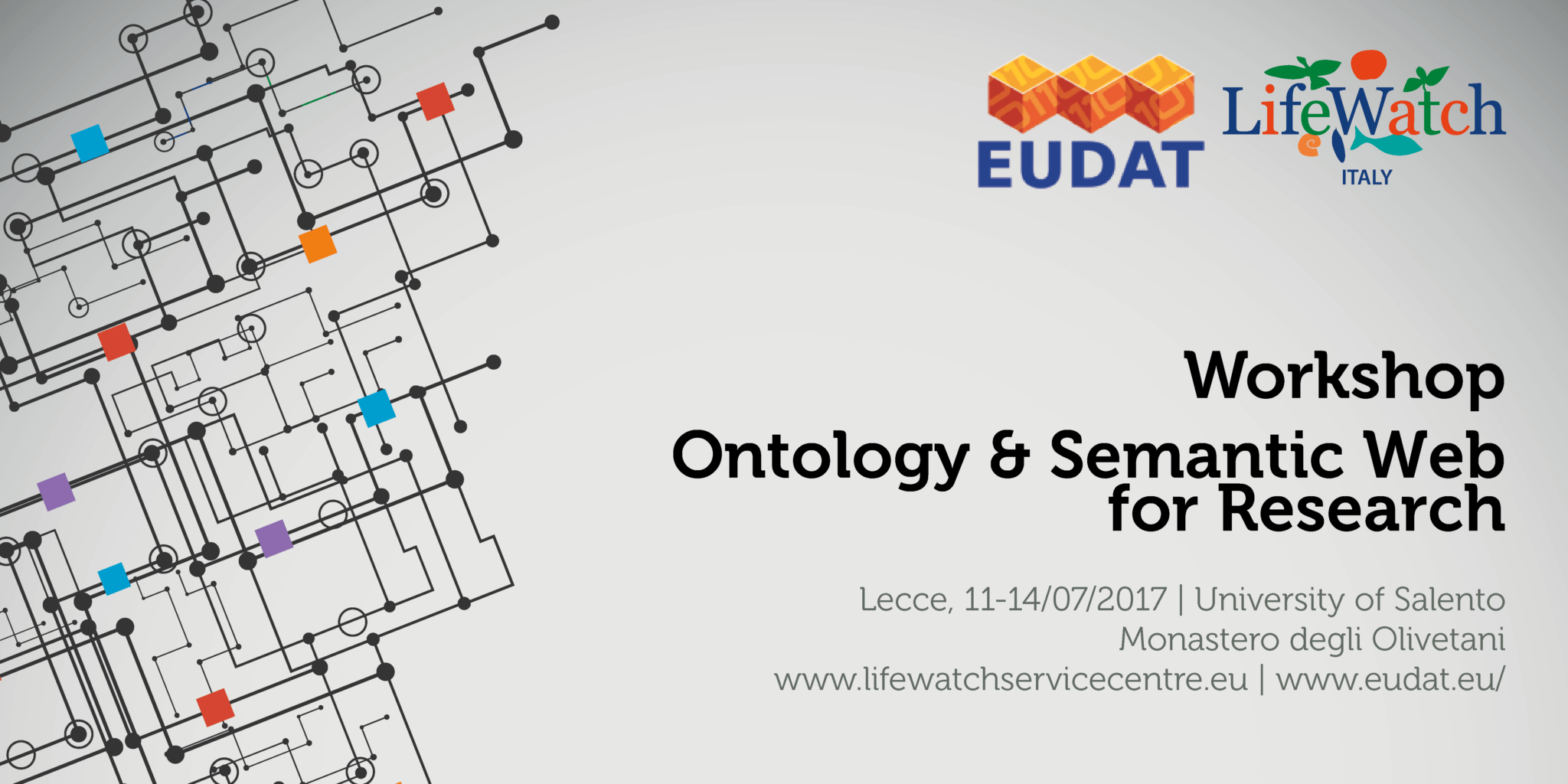In recent years, one of the major challenges in Environmental and Earth Science has been managing and searching larger volumes of data, collected across multiple disciplines. Many different standards, approaches, and tools have been developed to support the phases of the Data Lifecycle (Data Acquisition, Data Curation, Data Publishing, Data Processing and Data Use). In particular, modern semantic technologies provide a promising way to properly describe and interrelate different data sources in ways that reduce barriers to data discovery, integration, and exchange among biodiversity and ecosystem resources and researchers.
The course focused on the specific Data FAIRness element of Environmental and Earth sciences. It was built as a five-day summer school where leading scientists addressed this topic from a variety of perspectives.
The aim was to gather the most interesting perspectives of our time.
We offered a cutting edge and high-quality programme, aimed at fostering a rich and lively intellectual exchange.


